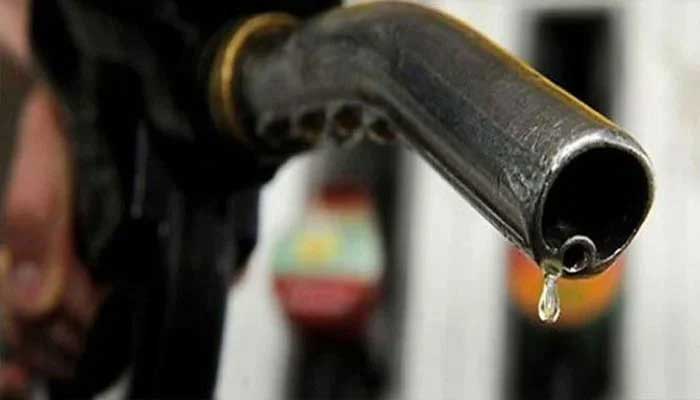- OMCs margin on MS, HSD enhanced by Rs1.87 per litre.
- Margins to be determined by Ogra on systematic mechanism.
- ECC approves supplementary grant of Rs40 billion for defence services.
ISLAMABAD: The Economic Coordination Committee (ECC) of the Cabinet has allowed increasing the petroleum dealers’ and oil marketing companies’ (OMCs) margins from Sept 15 in four fortnightly installments, The News reported.
The decision to increase margins came after the Ministry of Energy (Petroleum Division) submitted a summary to that effect.
The ECC decided to enhance the petroleum dealers’ margins on MS and HSD by Rs1.64 per litre four installments of Rs0.41 per litre, effective from September 15.
Moreover, the OMCs margin on MS and HSD is to be enhanced by Rs1.87 per litre in four installments of Rs0.47 per litre, w.e.f September 15, 2023.
After a detailed discussion, the ECC decided that in order to ensure efficiency and timelines, these margins shall be determined by the Oil and Gas Regulatory Authority (Ogra) on the basis of a systematic mechanism to be developed by Ogra after considering PSO’s operating cost for OMC and dealers.
Meanwhile, the ECC meeting also rejected the Pakistan International Airlines’ (PIA) demand for the provision of Rs22.9 billion and deferment of Rs1.3 billion per month to the Federal Bureau of Revenue (FBR) as well as loans and markup amount till the finalisation of the restructuring plan.
The Ministry of Finance late Wednesday night issued a press release, which did not say anything about the PIA request to issue a carry-over amount of Rs22.9 billion for the last financial year 2022-23, which could not be released.
During the meeting, the Ministry of Aviation submitted a summary on “Financial support for PIACL & its Restructuring”.
The secretary of Aviation gave a detailed briefing to the chair about the financial burdens, liabilities of PIA, and the need for restructuring the organization.
The ECC discussed and reviewed the timelines and costs of the restructuring plan. After detailed discussion and deliberation, it was decided to constitute a separate committee for the assessment of the restructuring plan of PIA.
The ECC also rejected the request for deferment of the payments of Rs1.3 billion per month, which PIA pays to FBR against FED and Rs0.7 billion per month which PIA pays to CAA against embarking charges.
It was also decided that the Finance Division and State Bank of Pakistan would support PIA in tackling its financial challenges after a concrete plan for restructuring the airlines had been finalized and submitted to the satisfaction of the committee.
The ECC also approved a Technical Supplementary Grant of Rs40 billion against various approved projects of defence services and for subsidies and miscellaneous expenditures during FY2023-24. However, the amount will not be released at once, but on case to case basis only as it has already been budgeted for the current fiscal.

 Latest News1 day ago
Latest News1 day ago
 Entertainment1 day ago
Entertainment1 day ago
 Latest News1 day ago
Latest News1 day ago
 Business1 day ago
Business1 day ago
 Latest News24 hours ago
Latest News24 hours ago
 Latest News24 hours ago
Latest News24 hours ago
 Latest News1 day ago
Latest News1 day ago
 Latest News24 hours ago
Latest News24 hours ago























